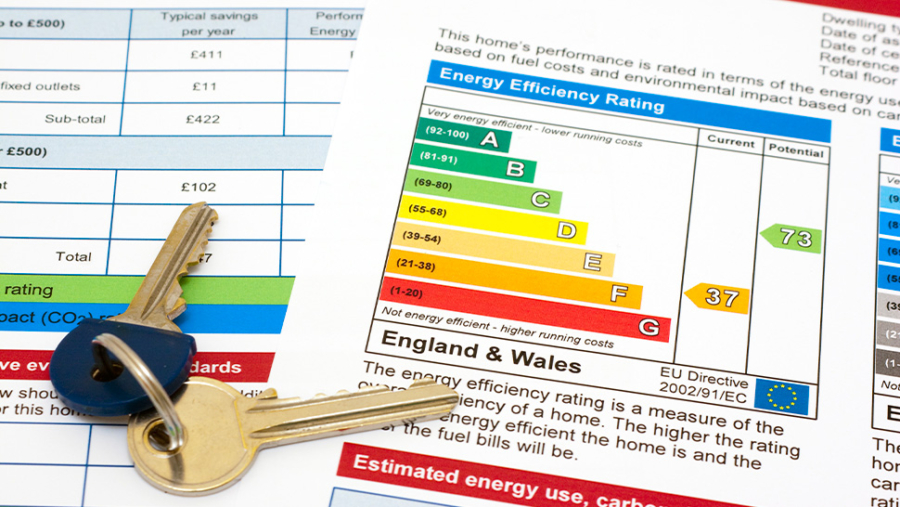
Commercial property update: Minimum Energy Efficiency Standards (MEES) and Energy Performance Certificates (EPC)
20 February 2023

At Cop27 in November last year, Rishi Sunak said it was ‘morally right’ to honour the climate change promises made. He further commented that the UK will ‘fulfil our ambitious commitment to reduce emissions.’
Both landlords and tenants operating in the commercial property sector must therefore be prepared for the imminent changes to the MEES/EPC regime along with further additional measures likely to come in future years.
What is an EPC and why does MEES matter?
An EPC is a certificate that provides an energy efficiency rating – currently displayed on a scale as an A–G – in relation to a property’s running costs. A recommendation report will also accompany an EPC suggesting ways to improve a property’s energy efficiency.
Landlords, investors, developers and tenants should take note of the MEES regulations as they impose a minimum energy efficiency standard required in order to let a property in England and Wales.
Current position and impending changes
Currently, no new commercial property tenancies can be granted if the property has an EPC rating below E.
From 1 April 2023, all existing commercial property tenancies must also have at least an E rating EPC or be registered on the Private Rented Sector (PRS) Exemptions Register. It will be an offence to continue to let a property that does not have at least an E rating. A landlord could face a fine of up to £150,000 per breach. Details of the breach could also be made public.
Property owners will need to be able to show one of the following:
- That the property has a valid EPC of at least an E; or
- The property benefits from a valid registered exemption.
Exemptions and the requirement to register
Whilst the prohibition on letting a sub-standard property is absolute there are exemptions which, if applicable, could mean that a landlord could continue to let a property without committing a breach of the regulations. For a landlord to rely on an exemption, the exemption must be registered on the PRS Register. The relevant commercial property exemptions are:
- Seven year payback – where the costs of making the recommended improvements would not be recovered after a seven year period
- All improvements made – where a landlord has made all possible improvements and the property still does not meet the minimum requirements
- Wall insulation – where the recommended insulation is not appropriate for the property due to the possible negative impact on the building’s structure
- Consent – where a landlord, despite using reasonable efforts, has not been able to secure a third-party consent to carry out the works – i.e. a tenant
- Devaluation – where a landlord has obtained a report advising that the recommended improvements would have a negative impact on a property’s value
- New landlord – this is a temporary six-month exemption where a person becomes a landlord suddenly. The circumstances are, however, very limited.
Steps to take now
Landlord’s and property owners should take the following steps:
- Review their portfolios to see if any properties do not meet the minimum standard
- Check when the current EPCs expire
- Consider the exemptions to see if any are applicable and register any that do on the PRS Register
- Engage an energy consultant at the earliest opportunity to advise on potential works that could be carried out to improve a property’s energy efficiency and the associated costs
- Consider what rights need to be reserved in any new leases to allow for future works to be carried out during the course of the lease term.
Looking to the future
The government has ambitious targets and plans to reduce the UK’s emissions. The changes due to come into force on 1 April 2023 are likely to be only steppingstones paving the way for further additional measures in the next few years to come.
Below are some of the additional measures currently being considered by the government:
- Increasing the minimum EPC rating to a C in 2027 and B by 2030
- Increasing the number of events that trigger the requirement for a new EPC
- Decreasing the validity period for EPCs to less than 10 years
- Giving local authorities powers to inspect commercial properties
- Clarifying the listed buildings rules, which is a current area of confusion.
With businesses across the country putting together their own ‘green plans’ it is highly likely that rented premises will form a significant part of those mission statements. Property owners need to be ready to adapt to the changing social and regulatory environment that the next few decades will inevitably bring.










